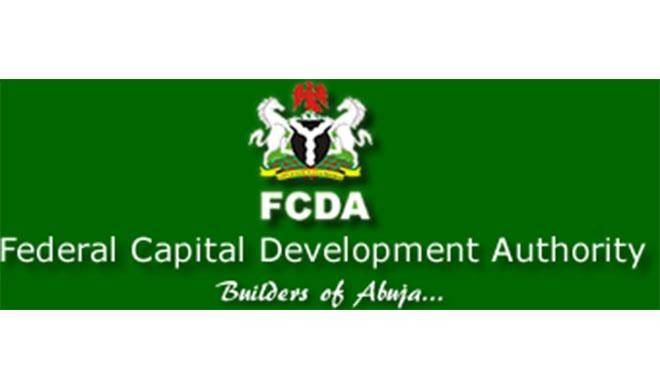Unsung heroes of Abuja master plan
The International Planning Associates (IPA) was commissioned in June, 1977, by the Federal Capital Development Authority (FCDA) to produce the Abuja Master Plan and its regional grid. According to the terms of reference, the master planning process was to include a review of relevant data, selection of a capital city site, preparation of regional and […]

The International Planning Associates (IPA) was commissioned in June, 1977, by the Federal Capital Development Authority (FCDA) to produce the Abuja Master Plan and its regional grid. According to the terms of reference, the master planning process was to include a review of relevant data, selection of a capital city site, preparation of regional and city plans and the accompanying design and development standards manual.
IPA was not in existence prior to the Federal Government’s resolve to engage a worldwide reputable firm for the production of the master plan. It was, therefore, formed by a consortium of three American firms in order to win the worldwide competitive bidding. After winning the bid and the completing the project, the firms disbanded. The firms were Planning Research Corporation (PRC), Wallace, McHarg, Roberts and Todd, and Archisystems (a division of the Hughes Organisation).
The final report was submitted to the pioneer Executive Secretary of FCDA, Alhaji Abubakar Koko, on February 15, 1979. In the preface to the master plan, the following declaration was made by IPA: “The master plan for Abuja the new Capital City of Nigeria represents the culmination of 18 months’ work by the Federal Capital Development Authority (FCDA) board, several advisory panels consultants. Without the unstinting efforts of these experts, the momentum now exhibited in the beginning of actual implementation of the new capital could not have been achieved. The plan itself represents a milestone in the process of building the new capital city. It is a necessary element in the monumental effort about to be undertaken by the Nigerian people.”
As citizens of this great nation, most especially those directly or indirectly involved in this monumental project’s conception, planning and implementation; we must appreciate the exceptional feat achieved, and be proud of the actualisation of the Abuja project, specifically, when we consider the situations in other sister nations desirous of creating or transferring their capital cities to new locations. Specifically, two of our sister African countries made declarations for the transfer of their capital cities, one of them even earlier than Nigeria, till date no remarkable achievement similar to that of Nigeria has been achieved. Looking back, 41 years after, despite the obvious challenges in the implementation of the plan, the mission can certainly be claimed to be fulfilled.
The thorough process conducted by FCDA, with Koko as the Chief Executive Officer, in the selection of the firm to produce the master plan, on merit, must be appreciated and commended. It was unlike that of the power sector privatisation which engaged incompetent Distribution Companies (DisCos) on goodwill.
The first report consisted of the programme, the second was the site selection, third was the draft regional plan and the fourth was the draft capital city. Guided by the FCDA board, all the reports were refined and detailed while capitalising on the more detailed data available to culminate into what is today known as the Abuja Master Plan.
A minister in the Second Republic, Alhaji Idris Koko, in a book, With All My Strength, said, “At the time Abubakar Koko was given the assignment, people were not sure whether Abuja would succeed. To go into that area (FCT) which was like a wilderness to build a federal capital was very challenging. He worked extremely hard to make Abuja a reality. He displayed a great sense of sacrifice, selfless service and no doubt made a name there; he was widely known. He made a most judicious use of the meagre resources available to them.”
The then Director and Associate Directors of IPA, Abraam Krushkhov, and Walter G. Hansen and Thomas A Todd respectively, no doubt should any of them alive and visit Abuja and see the physical materialisation of their submission, their excitement and satisfaction would never be quantifiable. Certainly, the Nigerian Government owes them and many members of their team a special awards or recognition. In their absence, their families deserve posthumous awards.
We feel obliged to present abridged biographies of these three personalities in our subsequent episodes.
